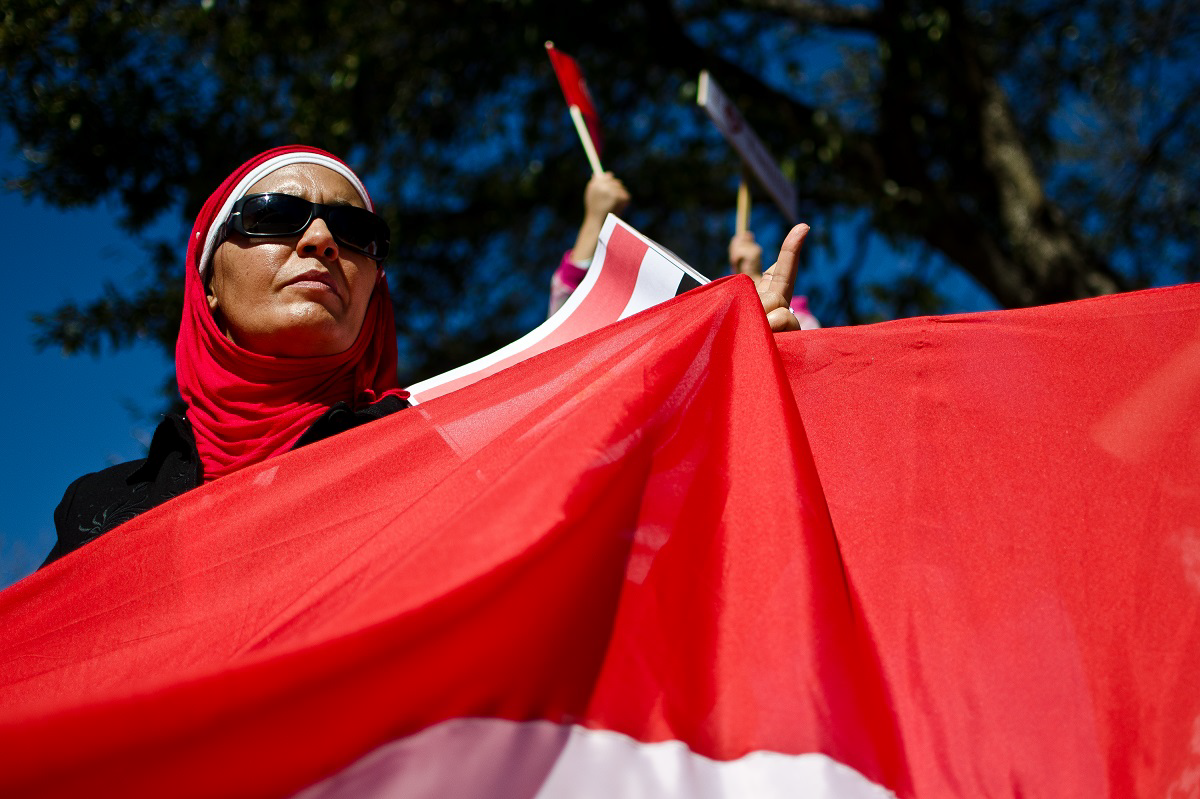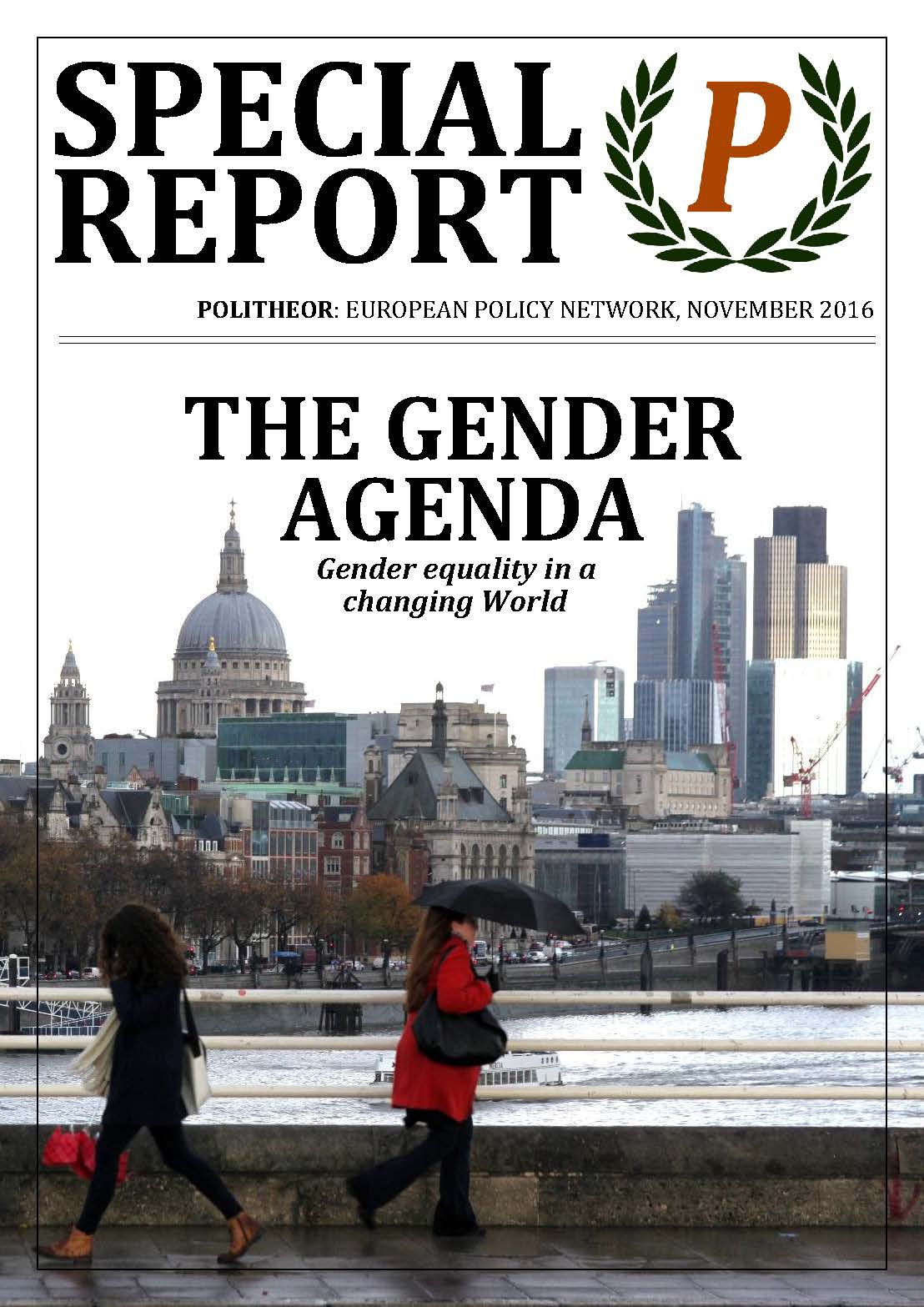The paradise paradox: Maldives, a sinking country?
- Environment and Energy, Human Rights and Migration, Op-ed
- 24/03/2019

Recently the EU and the government of Afghanistan signed a readmission agreement, a deal made ‘migration sensitive’ as it transpires from an EU Restricted Country Fiche proposing possible leverages, dated March 2016. The EU pledges to provide financial aid for development and peace-building in exchange for Afghanistan’s approval to admit back failed asylum seeking nationals. Does this deal align with the principle of ‘non-refoulement’? Is Afghanistan a safe third country?
READ MORE
“Trafficking? Here? In the United States?” I fear this would summarize the majority’s response. While human trafficking is well-known around the world, the United States is falling behind in awareness and lacks a unified approach towards its prevention. Strong commitments do exist at the community level, but these tend to function independently or have little financial support –a reflection of missing systematic plans to stop human trafficking within US borders altogether.
READ MORE
In the last couple of years, women’s rights have improved in the Middle East and North African Region, especially in terms of freedom and participation. After the Arab Spring, the representation of women in Parliamentary Assemblies has increased in almost all countries of the region. In Tunisia, women have played a major role in the uprisings to stand for their rights, and then voted en masse in the elections of 2011 and 2014. However, the efforts put in the revolts only led to political promises, rather than reality.
READ MOREComing from a Catholic country where 7 out of 10 doctors are conscientious objectors, I followed the debate on abortion in Poland with passion, and hope. Hope for the protest of 30.000 people who went out onto the streets in early October, and managed to save Polish women from what felt like a medieval backlash.
READ MORE
Why do we need a gender agenda?
READ MORE